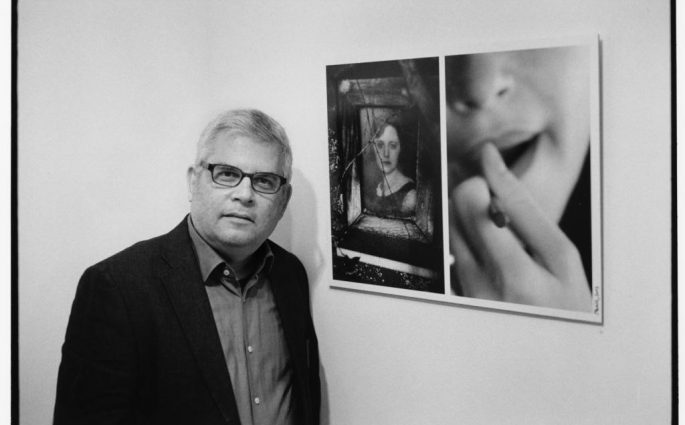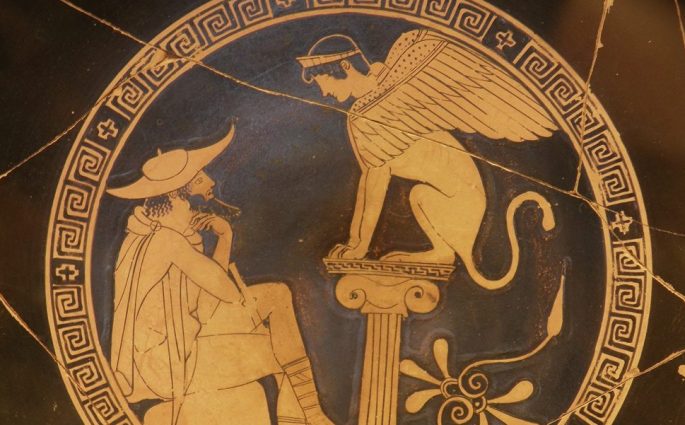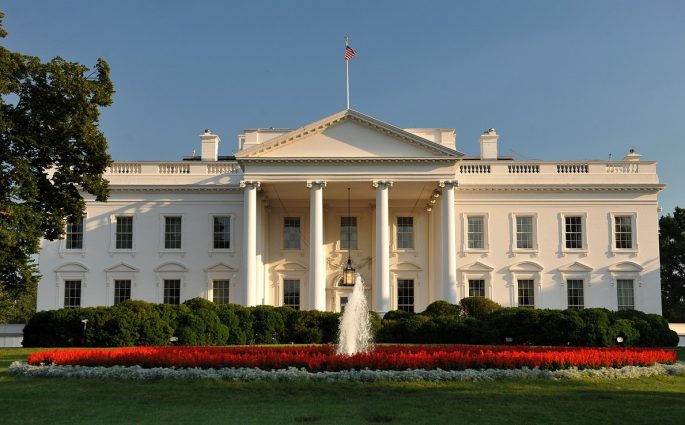A Conversation with Michel Faïs
Earlier this month, Yale University Press published Mechanisms of Loss by Michel Faïs, translated from the Greek by David Connolly, a duet of provocative novellas that examine contemporary Greek identity and postmodernity. To mark the occasion, editorial intern Matthew Blake sat down with Michel to discuss the novellas and explore questions





